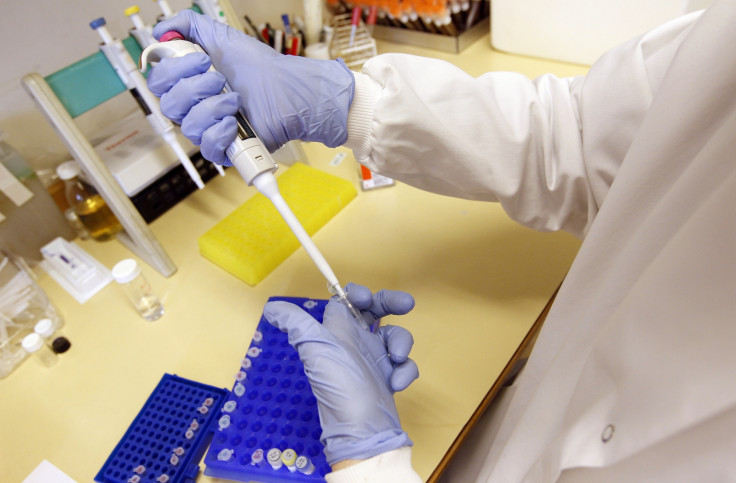Antibiotic resistance to cost up to $100tn for world economy by 2050

The ever-growing threat of antibiotic resistance could lead to 300 million premature deaths and a reduction of 2% to 3.5% in global gross domestic product (GDP) by 2050, without strong counter measures from governments.
The Review on Antimicrobial Resistance (AMR), chaired by Jim O'Neill, said the issue would cost up to $100tn (£64tn, €80bn) for the global economy by 2050, which is equivalent to the loss of around one year's total global output over the period.
The review noted that these are a broad brush estimate, not certain forecasts, given the severe lack of data.
Prime Minister David Cameron in July announced a review on AMR, and the team entrusted with the purpose commissioned two multidisciplinary research teams from RAND Europe and KPMG each to provide their own high-level assessments of the future impact of the issue.
Both research teams estimated how an increase in antibiotic resistance would affect the labour force through mortality and morbidity, and the possible reduction in overall economic production.
"If resistance is left unchecked, the loss of world output will get bigger through time, so by 2050, the world will be producing between 2% and 3.5% less than it otherwise would. Furthermore, 10 million more people would be expected to die every year than would be the case if resistance was kept to today's level," the report says.
It predicts that the world's GDP would be 0.5% smaller by 2020 and 1.4% smaller by 2030 with over 100 million premature deaths.
The invention of antibiotics revolutionised the health care sector in the 20<sup>th century. However, bacteria's growing resistance to drugs has increasingly become a problem in recent years.
Antimicrobial-resistant infections currently claim at least 50,000 lives each year across Europe and the US alone, with many hundreds of thousands more dying in other areas of the world.
© Copyright IBTimes 2025. All rights reserved.






















